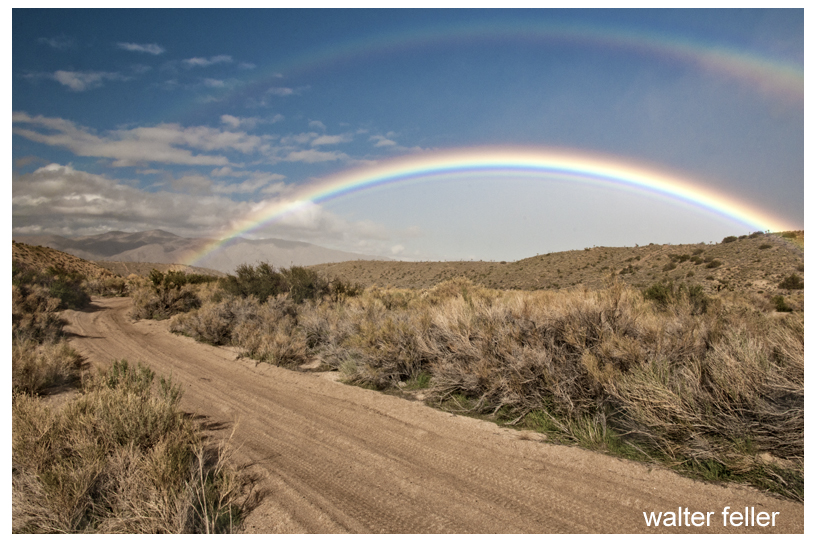
The “frontier ethos” refers to the cultural attitude and moral outlook shaped by life on a frontier—where civilization meets wilderness, and individuals must rely on toughness, ingenuity, and self-reliance to survive and prosper. It’s both a historical mindset and a national myth, most famously tied to the American West.
Here’s a breakdown of its key traits and origins:
- Self-reliance and independence
On the frontier, people couldn’t depend on distant authorities or established systems. They had to make their own shelter, find their own food, and solve their own problems. This bred a strong belief in individual responsibility and personal liberty. - Ingenuity and practicality
Frontier conditions required resourcefulness. Settlers and pioneers learned to adapt, invent, and repurpose what they had—traits that became central to the American ideal of innovation and “Yankee know-how.” - Courage and endurance
The frontier demanded physical and moral toughness. People faced isolation, harsh climates, and conflict, all of which became symbols of endurance and determination. - Optimism and expansionism
The frontier ethos was also fueled by the belief that progress and opportunity lay just beyond the horizon. This optimism became tied to Manifest Destiny—the conviction that expansion westward was both inevitable and righteous. - Community and cooperation
Despite the focus on rugged individualism, survival often depended on cooperation. Settlers banded together to build towns, schools, and churches, reflecting a balance between independence and mutual reliance. - Moral and religious undertones
Many saw the frontier as a proving ground for moral virtue and divine purpose. Hard work, thrift, and faith were often viewed as evidence of good character and divine favor.
Historian Frederick Jackson Turner famously argued in his 1893 “Frontier Thesis” that this ethos defined the American character itself—shaping values of democracy, equality (within limits), and restless ambition. Even after the physical frontier closed, the “frontier spirit” lingered as a national ideal—expressed in space exploration, technology, and the belief that challenges can be overcome through grit and creativity.
–